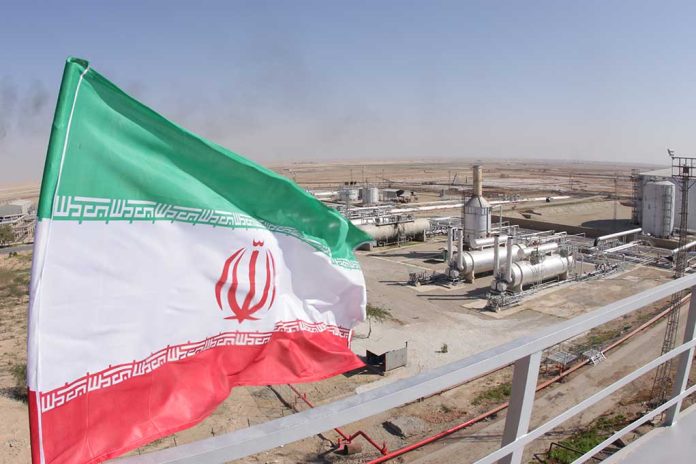
The Biden administration has issued a stark warning to Iran, threatening “swift and severe” consequences if Tehran proceeds with transferring ballistic missiles to Russia. This potential move could dramatically escalate Iran’s support for Russia’s aggression against Ukraine and destabilize regional security.
At a Glance:
- U.S. warns Iran of severe response to potential missile transfer to Russia
- Transfer would represent significant escalation in Iran’s support for Russia’s war
- White House communicating with European allies about the situation
- Iran denies plans to supply missiles, citing moral stance against involvement in Ukraine conflict
U.S. Issues Stern Warning to Iran
The United States has taken a firm stance against Iran’s potential transfer of ballistic missiles to Russia, signaling its readiness to respond decisively. State Department spokesperson Vedant Patel expressed deep concern over reports indicating Iran’s plans to deliver hundreds of ballistic missiles to Russia, emphasizing the gravity of such an action.
Patel stated, “We are prepared to deliver a swift and severe response if Iran were to move forward with the transfer of ballistic missiles, which would, in our view, represent a dramatic escalation in Iran’s support for Russia’s war of aggression against Ukraine.” This unequivocal message underscores the Biden administration’s commitment to countering any actions that could further destabilize the ongoing conflict in Ukraine.
US warns of severe response if Iran transfers missiles to Russia https://t.co/asEoPjQYhn
— Ahram Online (@ahramonline) August 12, 2024
Potential Consequences and International Response
The transfer of ballistic missiles from Iran to Russia would mark a significant escalation in Tehran’s support for Moscow’s military campaign in Ukraine. Such a move could not only impact the balance of power in the region but also provoke a strong response from the international community. The United States has already communicated with its European allies regarding these reports, indicating a coordinated approach to addressing this potential threat.
White House National Security spokesperson John Kirby emphasized that while the U.S. has not yet confirmed the actual transfer of missiles, Washington is prepared to take the matter to the UN Security Council and implement additional sanctions against Iran if necessary. This multilateral approach demonstrates the Biden administration’s commitment to working with allies to maintain global stability and deter aggressive actions.
Iran’s Stance and Existing Support for Russia
Despite mounting evidence of Iran’s involvement in supplying drones to Russia for use against Ukrainian civilians and infrastructure, Tehran continues to deny such support. The potential transfer of ballistic missiles would represent an even deeper level of military cooperation between Iran and Russia, both of whom are already under U.S. sanctions.
“Iranian officials also continue to deny providing any UAVs to Russia when evidence is plain for the world to see that Russia has used these UAVs in relentless attacks against the civilian population in Ukraine, against civilian infrastructure,” Patel said.
Iran’s UN representative has stated that while there are no legal restrictions on Iran’s arms sales, the country has a moral stance against transferring weapons for use in the Ukraine conflict. However, the credibility of such claims is being questioned in light of the ongoing investigations and evidence of Iranian-made drones being used in Russian attacks.







